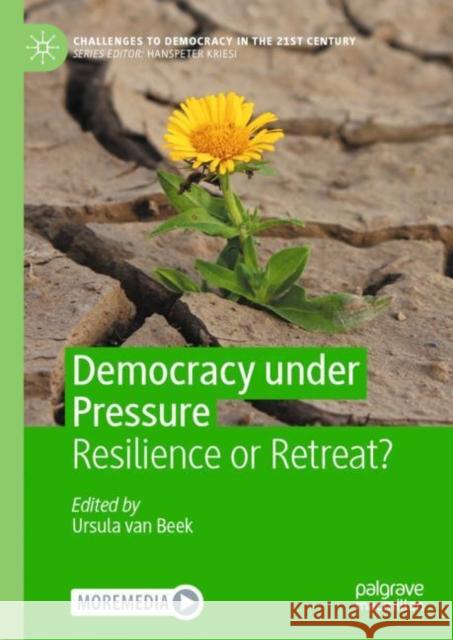Democracy Under Pressure: Resilience or Retreat? » książka
topmenu
Democracy Under Pressure: Resilience or Retreat?
ISBN-13: 9783031091223 / Angielski / Twarda / 2022 / 418 str.
Democracy Under Pressure: Resilience or Retreat?
ISBN-13: 9783031091223 / Angielski / Twarda / 2022 / 418 str.
cena 602,40
(netto: 573,71 VAT: 5%)
Najniższa cena z 30 dni: 539,74
(netto: 573,71 VAT: 5%)
Najniższa cena z 30 dni: 539,74
Termin realizacji zamówienia:
ok. 22 dni roboczych.
ok. 22 dni roboczych.
Darmowa dostawa!
Kategorie BISAC:
Wydawca:
Springer International Publishing AG
Seria wydawnicza:
Język:
Angielski
ISBN-13:
9783031091223
Rok wydania:
2022
Ilość stron:
418
Wymiary:
21.0 x 14.8
Oprawa:
Twarda
Dodatkowe informacje:
Wydanie ilustrowane











